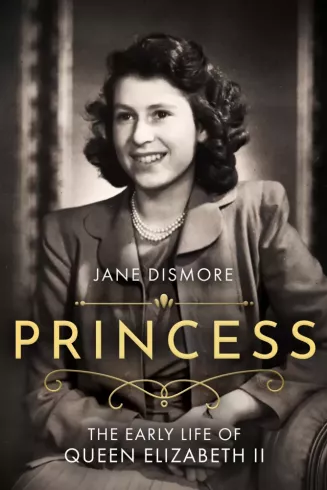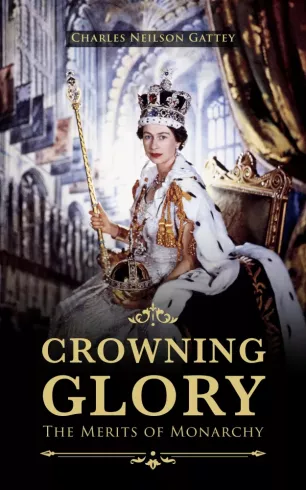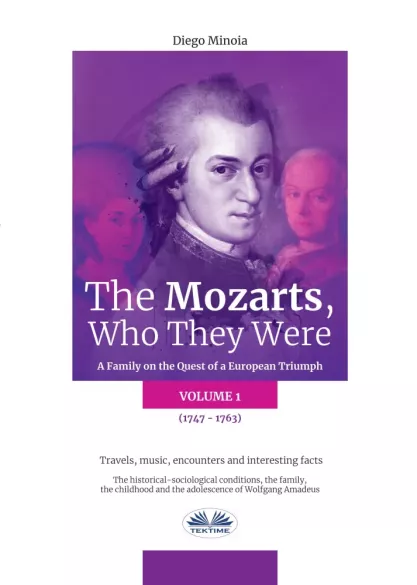


Béla Menczer (1902–1983) was a journalist and historian. As a youth, he was radical, but never a Communist. For illegal activities, he was sentenced to jail in 1922. After his release, he left Hungary and went to Paris where he joined the Károlyi emigration, serving as a liaison secretary to the former Prime Minister. Disillusioned and increasingly critical of both bourgeois radicalism and nationalism, he turned to conservatism. He lived then in Berlin and later in London. After the defeat of France, he enlisted in de Gaulle’s army. He saw some action in Africa and was baptised a Catholic in Sierra Leone. After the war, he settled in London and published essays and papers on Hungarian and European history and literature. He was a polyglot, an amiable personality, with an unusually wide network of acquaintances, to which this autobiography, ending in 1946, testifies. Though staunchly anti-communist, he visited Hungary three times, and entrusted his legacy to the Hungarian Academy of Sciences.
Béla Menczer (1902–1983) was a journalist and historian. As a youth, he was radical, but never a Communist. For illegal activities, he was sentenced to jail in 1922. After his release, he left Hungary and went to Paris where he joined the Károlyi emigration, serving as a liaison secretary to the former Prime Minister. Disillusioned and increasingly critical of both bourgeois radicalism and nationalism, he turned to conservatism. He lived then in Berlin and later in London. After the defeat of France, he enlisted in de Gaulle’s army. He saw some action in Africa and was baptised a Catholic in Sierra Leone. After the war, he settled in London and published essays and papers on Hungarian and European history and literature. He was a polyglot, an amiable personality, with an unusually wide network of acquaintances, to which this autobiography, ending in 1946, testifies. Though staunchly anti-communist, he visited Hungary three times, and entrusted his legacy to the Hungarian Academy of Sciences.





